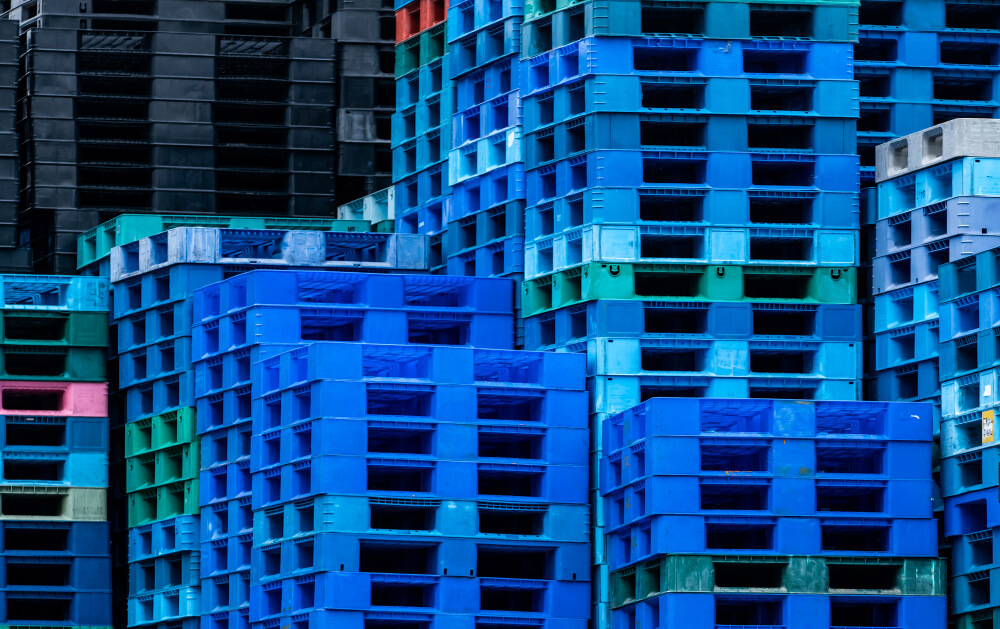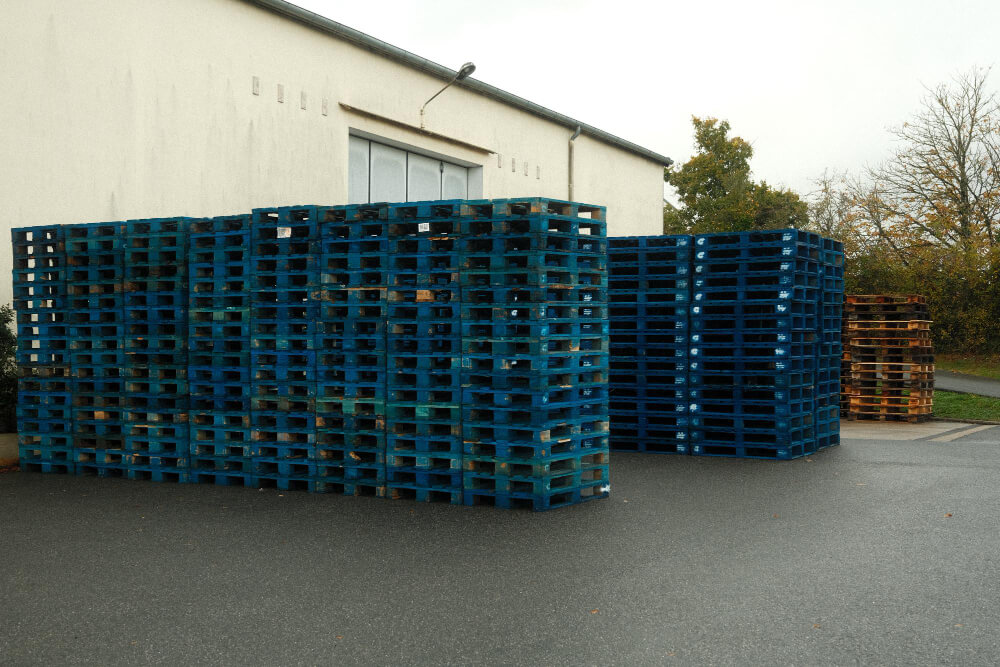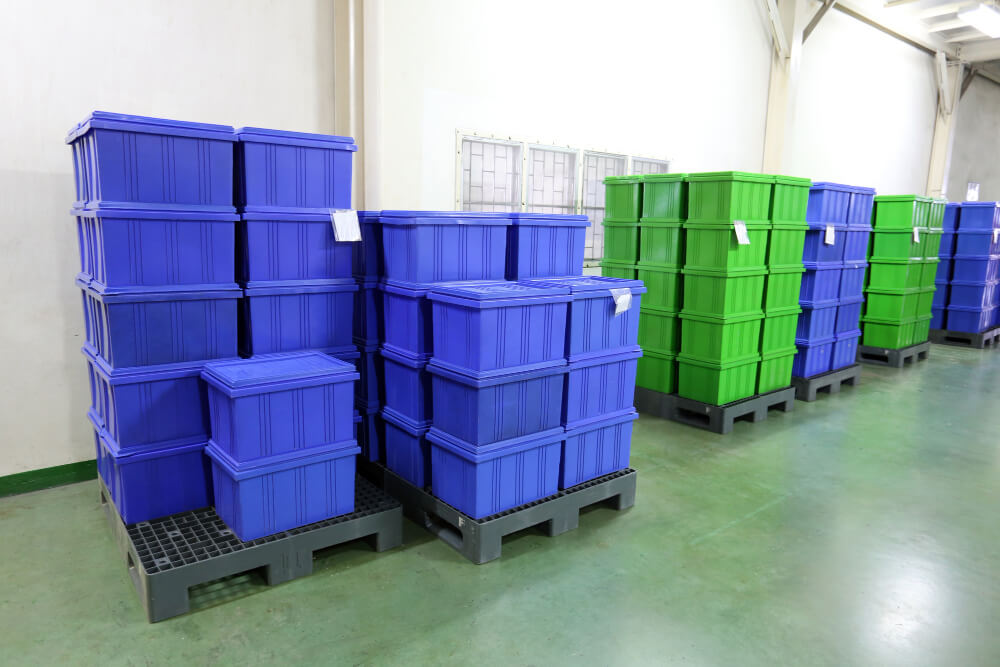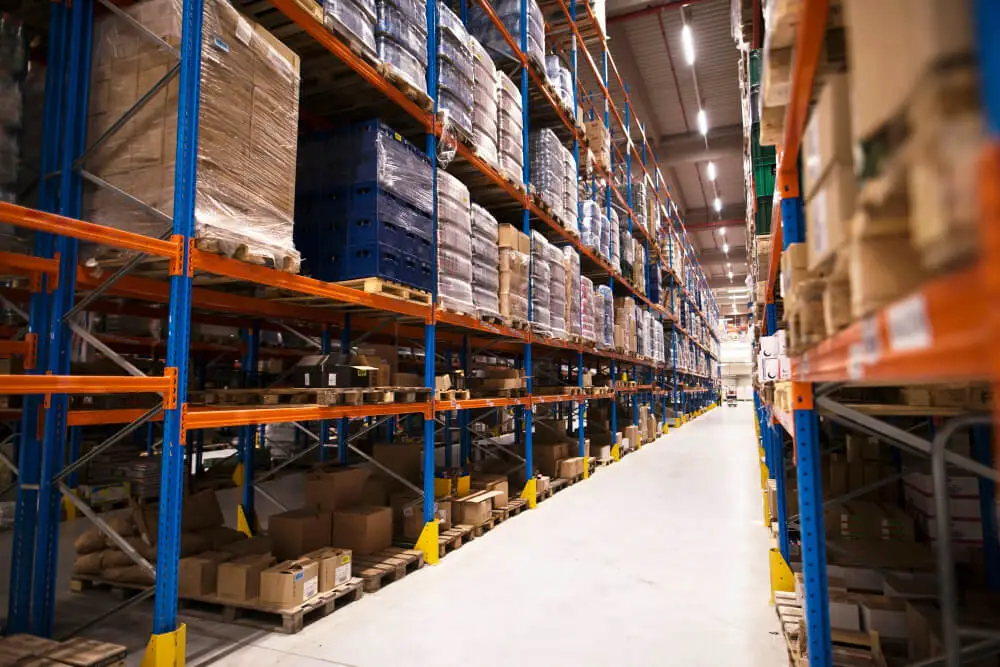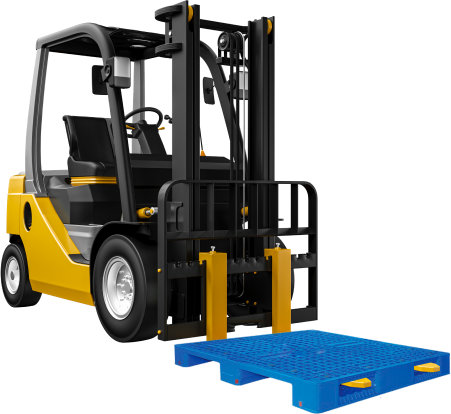In the modern logistics era, supply chain management is the key to a company's success. One critical element often overlooked is the use of pallets.
Pallets, simply put, are flat platforms used to support goods for transportation. This article will delve into the definition, types, benefits, and roles of pallets in the supply chain.
Definition of Pallets
Essentially, pallets are flat structures used as a base to support and transport goods. This concept has been around since ancient times, evolving over time. Pallets serve as the primary foundation for the transportation and storage of goods, making them crucial elements in the world of logistics.
History and Development of Pallets
The history of pallet usage can be traced back to the early 20th century. Initially, pallets were used simply as a means to facilitate the transportation of goods using tools like forklifts. With technological advancements, pallet designs and materials have evolved to meet the increasingly complex logistical needs.
Also Read: Understanding Plastic Pallet Sizes: A Complete Guide For Various Needs
Types of Pallets
1. Wooden Pallets
Wooden pallets are among the most commonly used types worldwide. Wood provides sufficient strength to support various types of goods. Wooden pallets are also relatively economical and recyclable.
2. Plastic Pallets
Plastic pallets have advantages in terms of weather and moisture resistance. They are also lighter compared to wooden pallets, making them a choice for specific logistics sectors.
3. Metal Pallets
Metal pallets stand out due to their high strength and durability. They are generally used for heavy goods and in environments where weather resistance is a critical factor.
Benefits of Pallets in Logistics
1. Efficient Cargo Handling
The use of pallets can improve efficiency in cargo handling. By using tools like forklifts or pallet jacks, loading and unloading processes can be done more quickly and efficiently.
2. Safety and Goods Protection
Pallets provide additional protection for goods. By placing goods on pallets, the risk of damage due to direct contact with the floor or uneven surfaces can be minimized. Additionally, the use of pallets also helps in ensuring the safety of workers involved in the logistical process.
3. Cost Savings
The use of pallets can result in significant cost savings. Pallets allow for more optimal warehouse space utilization as goods can be stacked efficiently. Moreover, the use of pallets can reduce transportation costs as the process of moving goods becomes faster and easier.
Also Read: Plastic Pallets: Advantages, Disadvantages, And Various Uses
Role of Pallets in the Supply Chain
1. Pallets as an Integral Part of the Supply Chain
In the supply chain, each stage plays a crucial role, and pallets are an integral part of that process. From storage in warehouses to delivery and distribution, pallets provide consistency and efficiency in goods management.
2. Pallets' Contribution to Distribution and Storage
Pallets help accelerate the distribution and storage process. By facilitating the transportation of goods, the supply chain becomes more responsive to customer demands. Pallets also facilitate tracking of goods and reduce the likelihood of errors in the distribution process.
Innovations and Current Trends in Pallets
1. Latest Technology in Pallets
With technological advancements, pallets are no longer just flat platforms. The latest innovations include the use of RFID (Radio-Frequency Identification) technology for real-time tracking of goods. Smart pallets with sensors are also being introduced to monitor the condition of goods during transit.
2. Environmentally Friendly Pallets
Growing environmental awareness drives the development of environmentally friendly pallets. Recyclable wooden pallets or plastic pallets made from recycled materials are becoming popular choices for environmentally conscious companies.
Conclusion
Pallets, as the primary foundation in modern logistics optimization, play a crucial role in enhancing the efficiency and effectiveness of the supply chain. With a deep understanding of the definition, types, benefits, roles, innovations, and related solutions, companies can take strategic steps to maximize the use of pallets in their logistical operations.
Investing in pallet systems is not only an investment in speed and efficiency but also an investment in the sustainability and competitiveness of companies in the ever-changing global market.
If you're looking for quality plastic pallets, you can visit the website intracopallet.co.id. Get the best prices for plastic pallets here.

